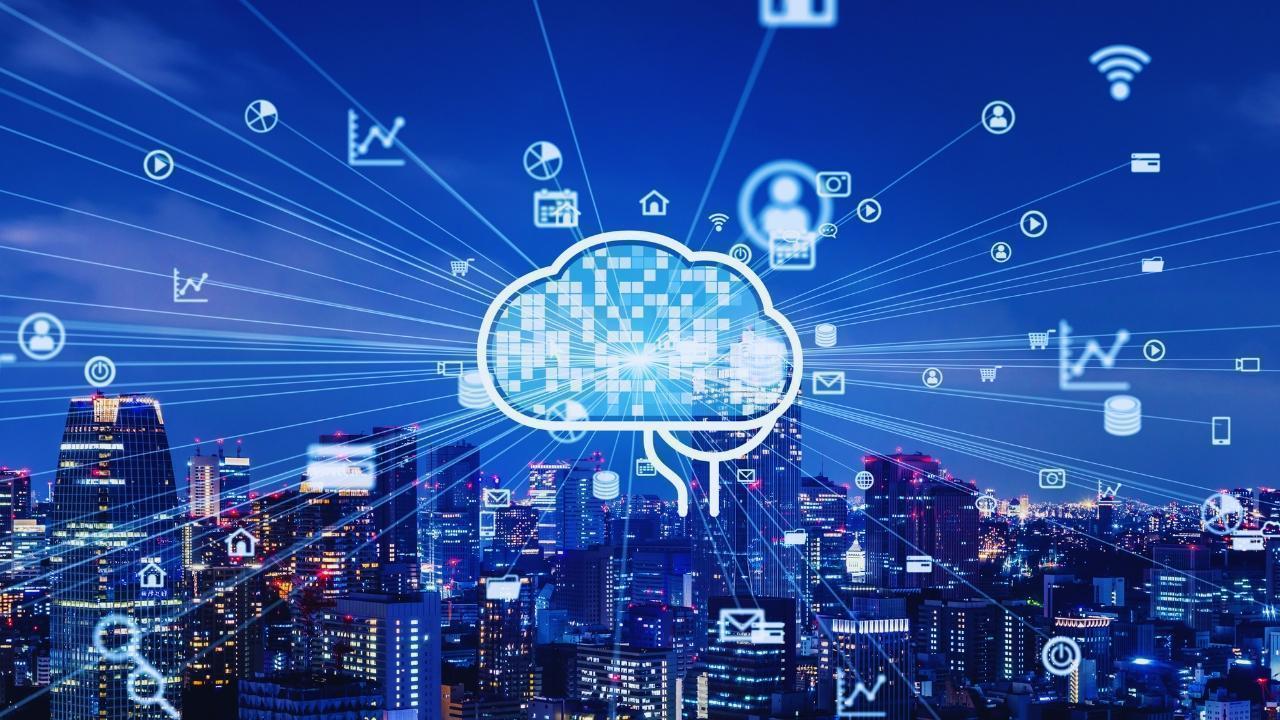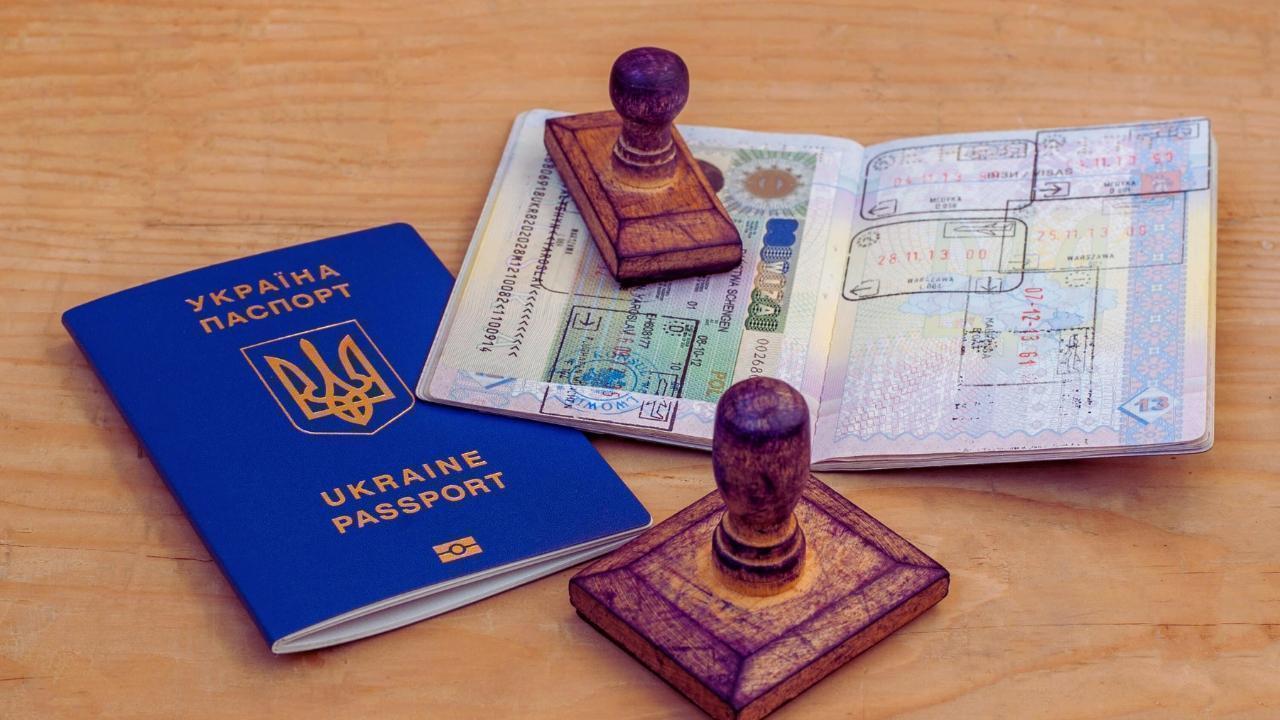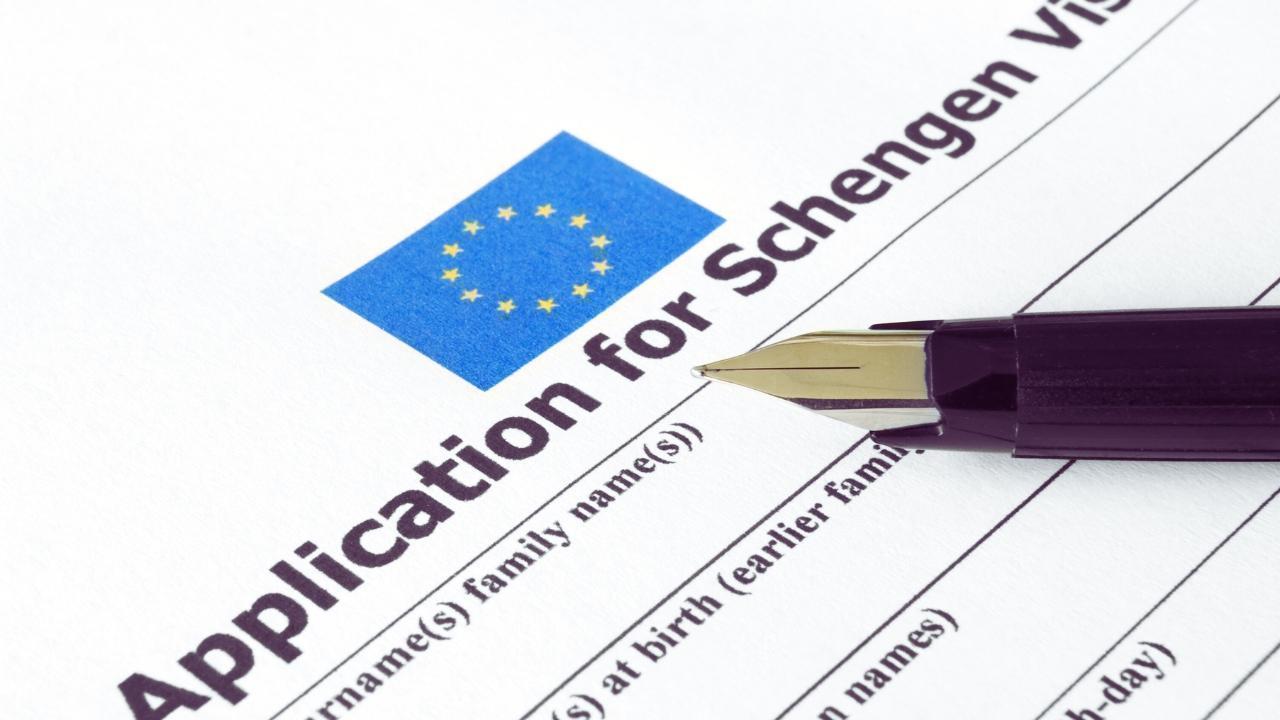
Post by : Anish
Imagine waking up in a city where traffic is routed by AI, court decisions are influenced by algorithms, and your job application is assessed by software. What once sounded like science fiction is increasingly becoming reality. From healthcare to hiring, governments and corporations are handing over more responsibilities to machines — prompting a serious global debate: what if AI truly ran the world?
Artificial Intelligence (AI) is no longer confined to sci-fi thrillers or tech conferences. It’s predicting elections, diagnosing illnesses, and even crafting laws. While many applaud its efficiency and logic, others warn of bias, job loss, surveillance, and a dangerous overreliance on technology. Around the globe, experts are asking: just because AI can take over, does that mean it should?
AI advocates argue that machines can help solve some of humanity’s biggest challenges — from climate modeling to urban planning. Unlike humans, AI doesn’t get tired, emotional, or corrupt (in theory). Here are a few promising applications already in motion:
Smart Governance: AI is being tested to streamline public services. Estonia uses AI to manage pension applications, freeing up human resources. In China, facial recognition and predictive policing are already in practice — though highly controversial.
Healthcare: Algorithms can detect diseases like cancer earlier than doctors in some cases. During the COVID-19 pandemic, AI helped track infection patterns and predict future outbreaks.
Disaster Response: AI systems are being trained to detect wildfires, floods, and earthquakes with precision — allowing for faster evacuation planning.
Climate Modeling: Supercomputers running AI simulations are helping forecast long-term environmental changes more accurately.
These examples show that when guided correctly, AI can augment human decision-making in ways that increase efficiency and fairness.
Despite its potential, AI is not without flaws — and its risks are deeply serious.
Algorithmic Bias: AI reflects the data it's trained on. If the input data carries racial, gender, or social bias, so will the outcomes. For example, AI recruiting tools have favored male candidates or penalized certain dialects in job interviews.
Lack of Accountability: Who is responsible when AI gets it wrong? If an autonomous vehicle crashes or an AI medical diagnosis leads to harm, assigning liability becomes a legal and ethical gray area.
Surveillance & Privacy: Countries like China and even some Western nations are adopting facial recognition AI in public surveillance. Civil rights groups warn this is edging toward a “digital dictatorship.”
Loss of Human Touch: When AI is used in justice systems or therapy, it risks replacing nuanced, compassionate decision-making with cold, statistical assessments.
One of the biggest questions is whether humans can keep control over machines sophisticated enough to outthink them. That’s why global leaders are working to create frameworks around ethical AI.
UNESCO AI Ethics Guidelines (2021): Encouraged all countries to adopt transparent, fair, and human-rights-based approaches to AI development.
The EU AI Act (2024): Europe became the first to pass comprehensive legislation that categorizes AI risk levels and bans certain forms, like real-time facial recognition.
AI Bill of Rights (USA): Introduced as a non-binding guide, it calls for transparency, accountability, and protections from algorithmic abuse.
Even with these efforts, regulation is struggling to keep up with innovation. For every rule drafted, new AI systems emerge that push boundaries even further.
A recent experiment in Denmark saw a small political party let an AI bot — named “Leader Lars” — decide on local policies. While more of a stunt than a real movement, it raised eyebrows globally. Could an AI one day make decisions in parliaments or presidencies?
While AI lacks the emotional intelligence and lived experiences of humans, it also lacks greed, partisanship, or nepotism — issues that have plagued politics for centuries. But critics argue that democracy is not just about efficient decisions — it’s about representation, debate, and ethics.
Elon Musk warns that AI, if left unchecked, could pose an existential risk.
Fei-Fei Li, AI scientist at Stanford, argues for human-centered AI focused on compassion and cooperation.
Yuval Noah Harari, historian and futurist, suggests that AI could reshape global power — perhaps even rendering some states or groups irrelevant.
Their collective message? AI is not inherently good or bad — it depends on how we use it, and who controls it.
AI will likely play a growing role in our lives, but letting it run the world outright comes with tremendous responsibility. The real future may lie not in AI taking over, but in AI partnering with humans to make more informed, inclusive, and balanced decisions.
Governments, technologists, ethicists, and everyday people must work together to build this shared future — one where machines serve the greater good, without replacing the human spirit. That vision is not only more realistic — it’s more ethical, too.
This article is for informational purposes only. Readers are advised to consult experts, institutions, and government guidelines when interpreting AI regulations and technological developments. DXB News Network does not endorse specific AI products or governance models.

From Paper to App: How Visa Processes Are Going Fully Digital
Embassies worldwide are saying goodbye to paper trails and hello to mobile apps. Here's how the digi

Why Getting a Schengen Visa Is Harder in 2025
Schengen visa rules have become tougher in 2025. Here's why it's now harder to visit Europe and what

The AI Voice Trap: Are You Talking to a Human Anymore?
As AI-generated voices become more convincing, the lines between human and machine communication are

Do Screens Steal Sleep? The Global Wake-Up Call on Digital Fatigue
With screen time at an all-time high, the world is facing an invisible epidemic: digital fatigue. He

Cardi B stuns in Rahul Mishra’s rose dress at Paris Fashion
Cardi B wore Rahul Mishra’s ruby red rose dress at Paris Fashion Week, showing love for Indian coutu

Integrated Resorts Set to Transform Tourism Experiences Across the Middle East and Beyond
Integrated resorts blending luxury, culture & entertainment are reshaping tourism in the Middle East

UAE launches AI-based Proactive Government Performance System
Sheikh Mohammed launches AI-powered system to improve UAE government performance, saving 250k hours

Alia Bhatt’s Ex-Secretary Held for Rs 77 Lakh Fraud Case
Alia Bhatt’s ex-secretary Vedika Shetty arrested for Rs 77 lakh fraud after forging Bhatt’s signatur

Dhurandhar First Look Sara Arjun Stars With Ranveer Singh, Fans React
Dhurandhar first look out now Sara Arjun teams up with Ranveer Singh. Bold casting choice surprises

Nora Fatehi Seen Crying at Mumbai Airport Fans Deeply Worried
Nora Fatehi breaks down in tears at Mumbai airport. Fans express concern after emotional post hints

Rome Gas Station Blast Injures 45 Two in Critical Condition
Massive explosion at a Rome fuel station injures 45, including police and firefighters. Two victims

DEWA, Google Cloud Partner to Boost AI in Daily Operations
DEWA teams up with Google Cloud to use AI for podcasts, cutting costs by 99% and making DEWA the wor

Canada removes digital tax to restart talks with US
Canada has decided to stop its digital tax plan. This move may help improve trade talks with the US.

Jannik Sinner and Aryna Sabalenka to compete in Wimbledon fight
Jannik Sinner and Aryna Sabalenka will face tough matches at Wimbledon. Both players are ready to fi

Etihad Airways’ 25% Fare Discount Offer Ending Soon
Etihad Airways is offering a 25% discount on flight tickets, but the deal is ending soon. Passengers